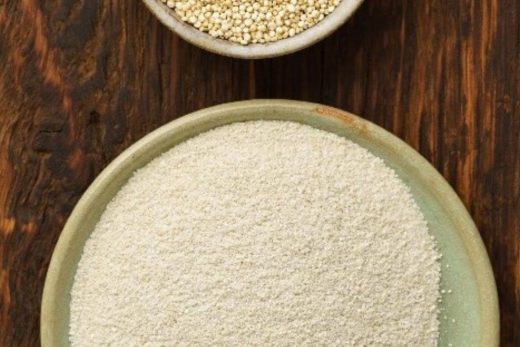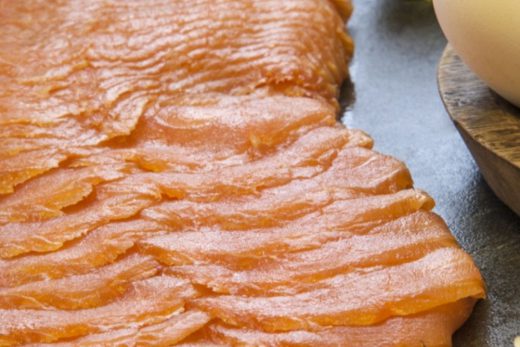Excess sebum can make your hair oily, limp, and dirty. This means, you often have to tie your hair into a bun, which creates an ideal environment for fungus to grow and thrive. It not only causes dandruff and a smelly scalp, but also makes your face oily and prone to acne.
So, what can you do to keep your scalp and hair oil-free? The solution is in knowing why your hair becomes so oily in the first place. Here’s a list of 11 common reasons why your hair might get so oily. And, how to get a healthy scalp and beautiful hair that you’ll love to keep open. Let’s begin!
1. You Overwash Your Hair
It is natural to wash your hair if it becomes oily and greasy. However, overwashing can lead to excess oil production to compensate for the natural oils that have been stripped by the shampoo.
2. You Over-Condition Your Hair
Check if you are using excess conditioner. Fine, thin, or porous hair is prone to absorbing and retaining moisture. Using excess conditioner can make the hair limp and oily and the roots greasy. Apply the conditioner only to the tips instead of from the roots. Ensure you wash the conditioner out properly.
3. Your Parents Have Oily Hair
You have a higher chance of having oily hair if your parents have the same.
4. Hormonal Imbalances
Sudden hormonal changes can also lead to an increase in sebum production. Puberty, pregnancy, or menopause could cause these hormonal fluctuations that have a direct effect on your hair and skin. In some cases, these hormonal changes may also hint at an underlying medical condition.
5. Excess Product Buildup
Styling gels, dry shampoos, thermal protectants, or mousses can make your hair look oily if not washed properly. Alcohol-based products can lead to bigger issues. These products can weigh your hair down when they mix with the existing sebum.
6. You Brush Your Hair Too Much
Brushing improves blood circulation and promotes faster hair growth. However, overdoing it can redistribute the scalp oils throughout your hair length. Your hair may look oily the very next day after washing.





